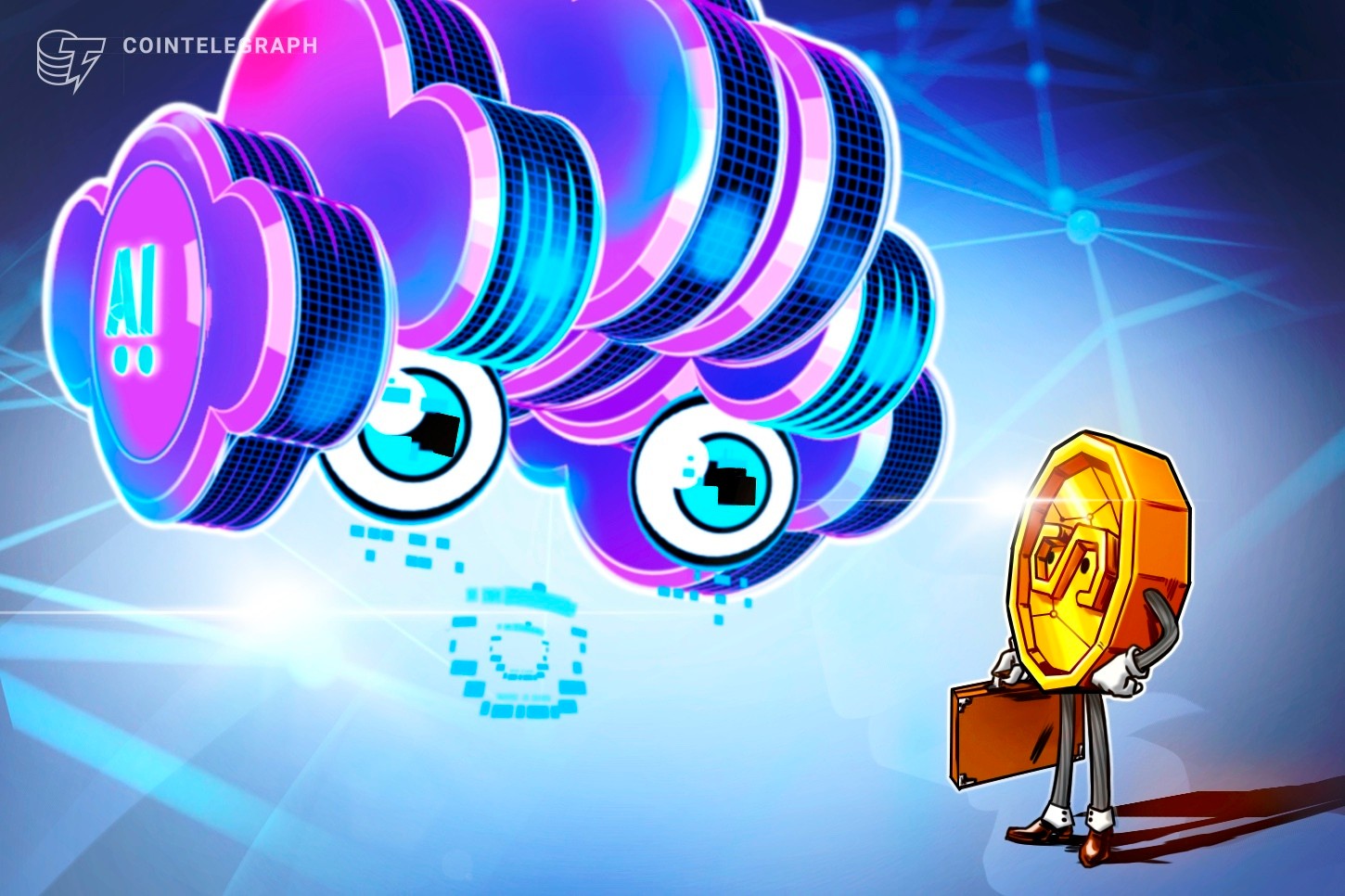The next wave of stablecoin adoption may not be led by people at all. Paxos Labs’ co-founder says AI agents could become the “X-factor,” instantly shifting liquidity to the most efficient issuers and turning market fragmentation into an advantage.
With clearer regulations around stablecoins passing in the United States, the stablecoin market has surged past $300 billion, becoming one of crypto’s central narratives. However, fragmentation across issuers and jurisdictions remains a challenge.
As new entrants join an increasingly diverse field — from dollar-backed leaders like Tether and Circle, to synthetic assets like Ethena, and PayPal’s PYUSD, which targets consumer payments — questions have arisen over whether fragmentation could pose a problem to the industry.
Bhau Kotecha, co-founder and head of Paxos Labs, told Cointelegraph that “fragmentation is a double-edged sword.” As different models compete, as well as issue stablecoins that are aligned with their businesses, it risks “creating liquidity silos and user confusion, which can hinder adoption.”
However, he believes that AI agents — autonomous programs that can make decisions and perform tasks like trading or moving funds without human input — could solve the issue.
AI agents, he said, will “switch instantly” to whichever stablecoin offers the best economics.
“That means fragmentation isn’t necessarily a deterrent; it can actually become a market-level optimizer, where AI ensures liquidity flows to the most efficient issuers. Over time, this could compress fees and force issuers to compete on fundamentals.”
Related: All currencies will be stablecoins by 2030: Tether co-founder
The rise of AI agents in crypto
Kotecha is not the only one highlighting the importance of AI agents for stablecoin adoption.
In a Sept. 2 Bloomberg interview at Goldman Sachs’ Asia Leaders Conference in Hong Kong, Galaxy Digital CEO Mike Novogratz said AI agents are set to become the primary users of stablecoins, fueling a surge in transaction volumes.
In the “not-so-distant future,” AI agents could use stablecoins to handle everyday purchases, he said, citing a grocery agent that knows your diet, preferences and budget and can automatically fill your cart.
He added that these agents would likely rely on stablecoins instead of wire transfers or payment apps like Venmo, leading him to expect “an explosion of stablecoin transactions” in the coming years.
One company already pursuing this vision is Cloudflare, a global cloud infrastructure company. On Sept. 25, Cloudflare announced it was working on NET dollar, a stablecoin that supports instant transactions by AI agents.
Cloudflare said its vision for the stablecoin includes personal AI agents that can act instantly, booking the lowest-priced flight or purchasing a product the moment it goes on sale.
The news from Cloudflare came after several thought-leaders in crypto expressed their ideas about the importance of AI agents and their implications for crypto.
On Aug. 13, members of Coinbase’s development team on X wrote that thanks to a little-used web standard, HTTP 402 “Payment Required,” first introduced 30 years ago, AI agents are poised to become “Ethereum’s biggest power users.”
At the end of August, Adrian Brink, co-founder of Anoma, wrote that the rise of AI agent systems is inevitable. However, they will need intent-based blockchain infrastructure to ensure users have control over their own data and assets.
Magazine: Baby boomers worth $79T are finally getting on board with Bitcoin


